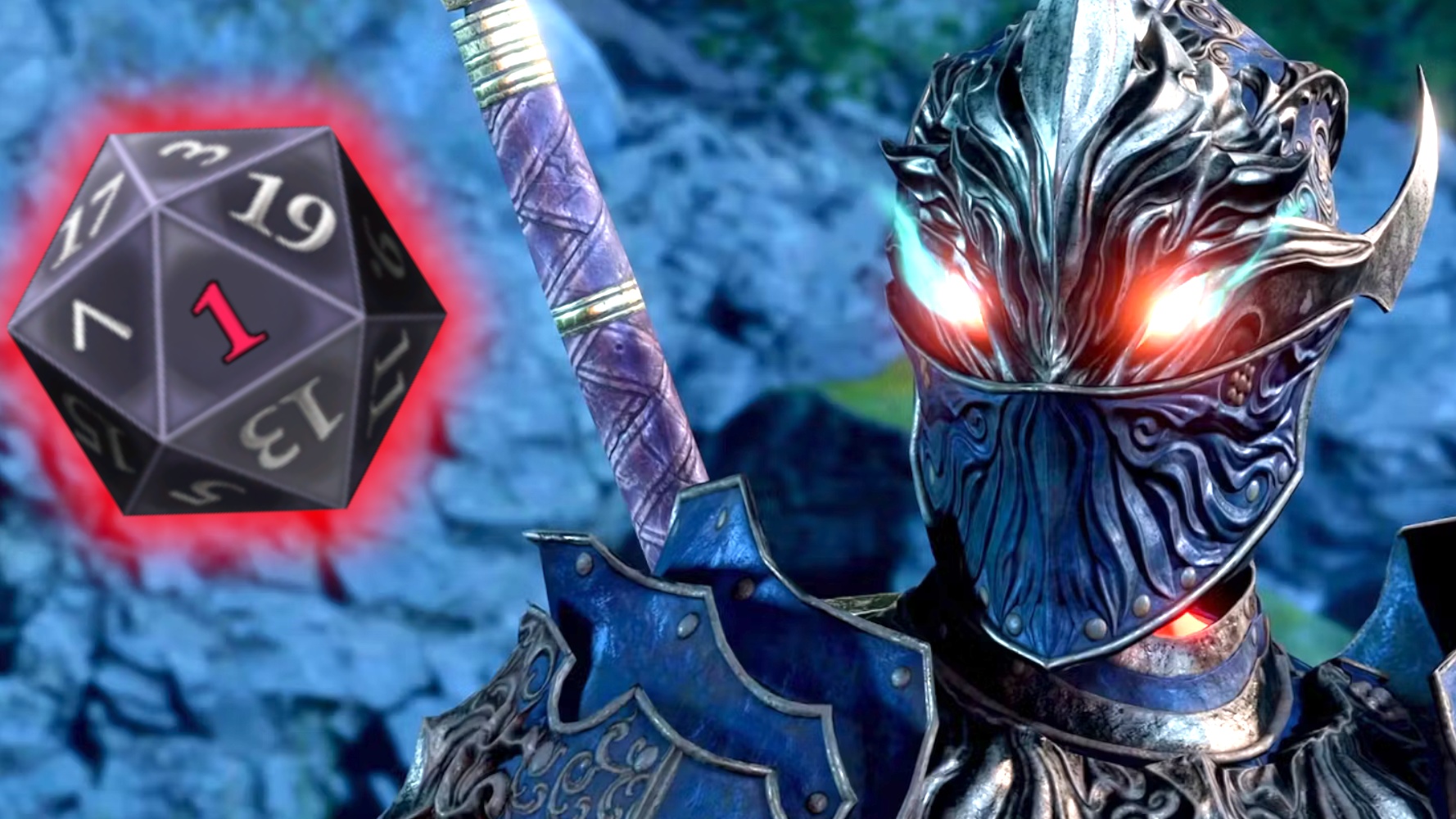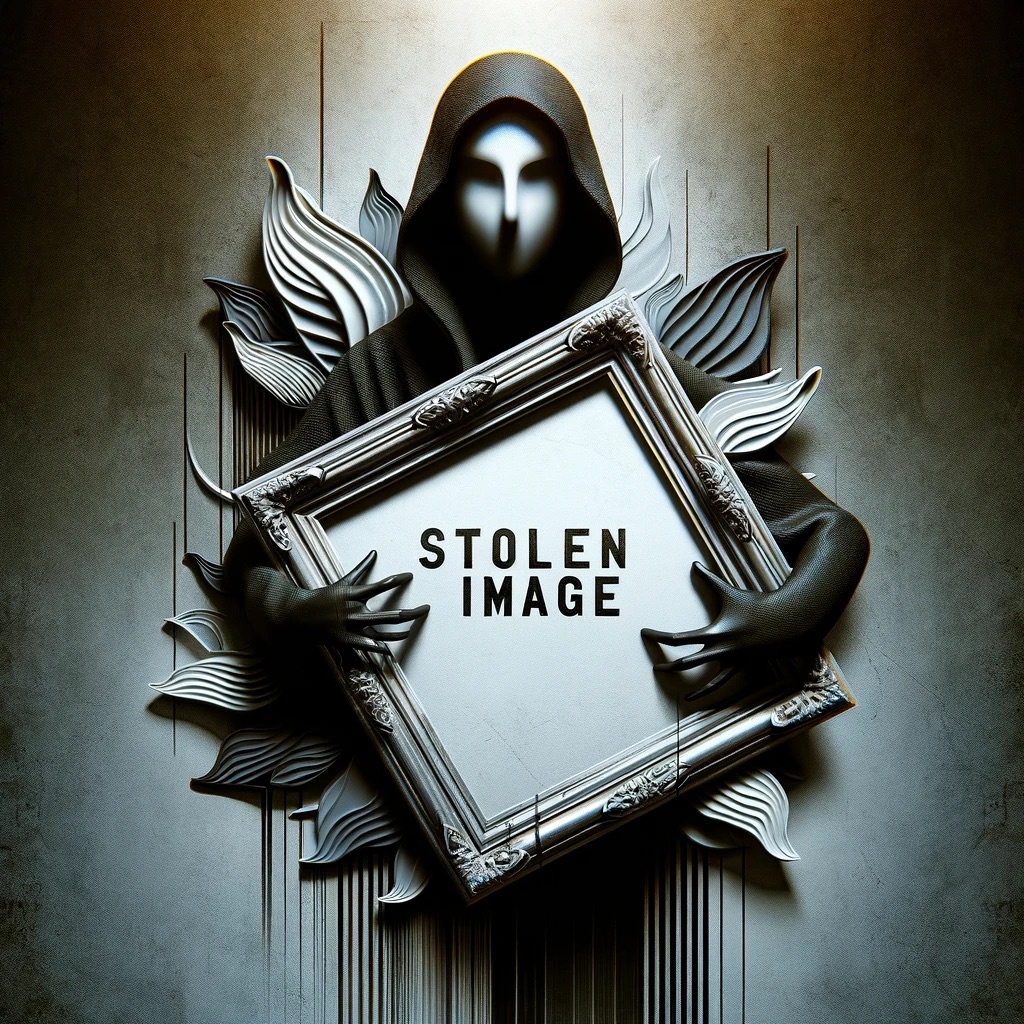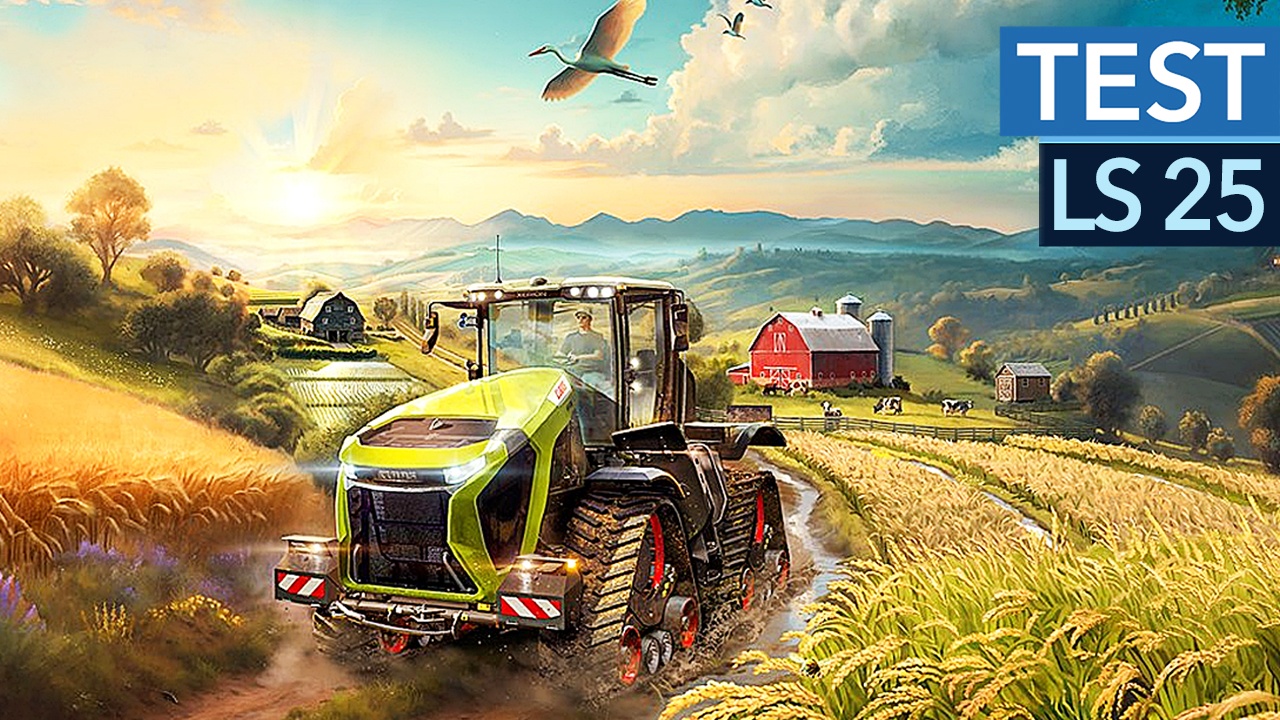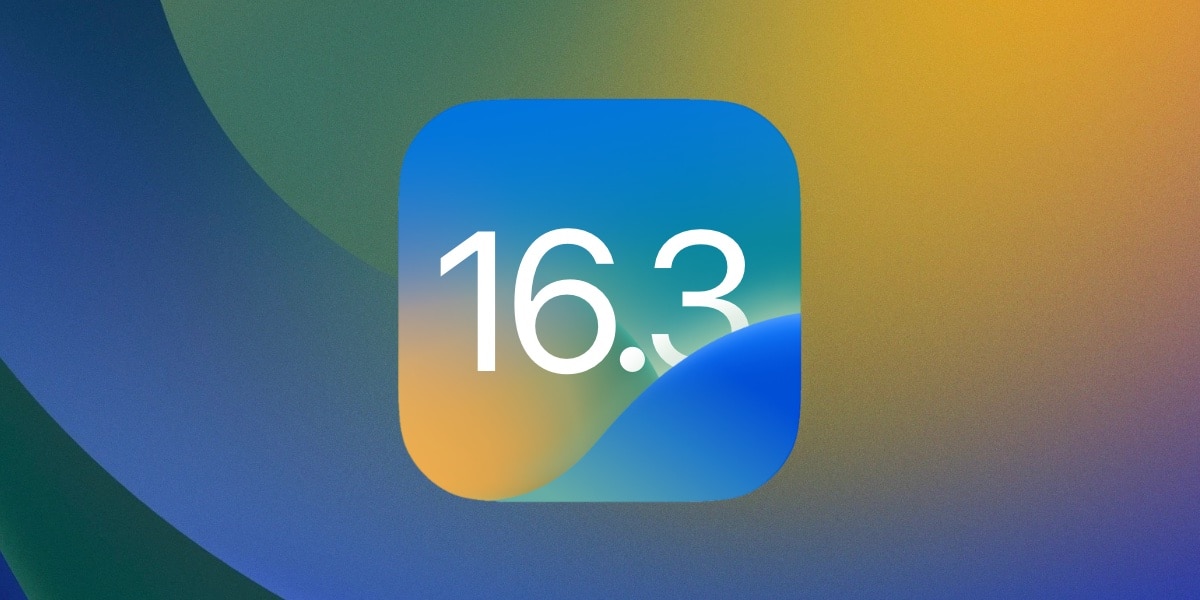Wizards rolls a natural 1 and gets the wizard hat from his fans.
Away from Twitter, you may not have noticed: the publisher Wizards of the Coast apparently made a blunder and with it initiated one of the biggest fan uprisings of recent years.
Again and again you can read about debates on Twitter or YouTube in which fans go on the barricades and the Dungeons & Dragons publisher both greed and dishonesty assume. This has even pushed people to stop buying official Dungeons & Dragons products from Wizards of the Coast. This often includes the planned feature film D&D: Honor Among Thieves, which hits theaters in March.
The discussion about the film ultimately drew attention to other media such as video games and finally to Baldur’s Gate 3. After all, Larian’s role-playing game was also licensed for the world by Wizards of the Coast.
link to Twitter content
Why are D&D fans so angry?
But why all the trouble now? It started with the beginning of January in a report by Gizmodo Contents of a document were leaked by Wizards of the Coast, which detailed a revision of the so-called Open Gaming License. At this OGL
This is an agreement that has existed since the year 2000, which makes the set of rules developed by Wizards of the Coast available to a large number of people without any additional license costs.
This way, other publishers and private creatives could use D&D to develop their own products. For example, this also made it possible for the publisher Paizo to design a system with Pathfinder that uses many game mechanics from Dungeons & Dragons. Some games also benefited from it, such as Solasta: Crown of the Magisterwhich uses DnD 5e but spins its own world around it.
But that should change. Out the leaked document revealed that Wizards of the Coast wanted to impose significantly stricter restrictions on the license. The following changes caused displeasure:
- The original OGL should lose its validity.
- Wizards of the Coast would be entitled to be informed of any credit to OGL content.
- OGL products that make more than $750,000 a year should give 25 percent of that to Wizards — if it’s Kickstarter-raised money, the royalty would be 20 percent.
- Wizards would have a right to claim any OGL project.
Of course, much more was decided in the new OGL and the community will also agree to many points, such as that the revision should also prevent products with racist, homophobic, transphobic or generally discriminatory content that are harmful to the brand. NFT projects should also be put a stop to.
link to YouTube content
Wizards backtracks
But at its core, the new OGL caused displeasure, as fans feared Wizards robbed
to become and primarily recognized commercial goals of the parent company Hasbro in it. On open letter to Wizardswith over 60,000 signatures, makes that more than clear.
This headwind and the unavoidable image damage now prompted Wizards to roll up the whole OGL project differently. After the first statement by the community as insincere
was described, Wizards has meanwhile proposed a new OGL and changed many of the planned adjustments. The original OGL 1.0 should not lose its effectiveness, everyone should retain the right to their content and no taxes should be paid.
In addition, the community should be more directly involved in the OGL, for example via surveys. This has calmed some of the community’s anger, but some discord and distrust still reigns.
And what about Baldur’s Gate 3? It is not yet clear whether a large number of people will boycott the role-playing game or not. For now, however, only a small minority seems to consider it worthy of a boycott. Especially since the game went into Early Access in 2020 and many fans have already accessed it anyway. You can read how much we like the game in our early access test:
more on the subject
Baldur’s Gate 3 is on the right track
How do you see the whole situation? Are you just as angry as many others, or can’t you understand all the commotion? Write us your opinions in the comments!










